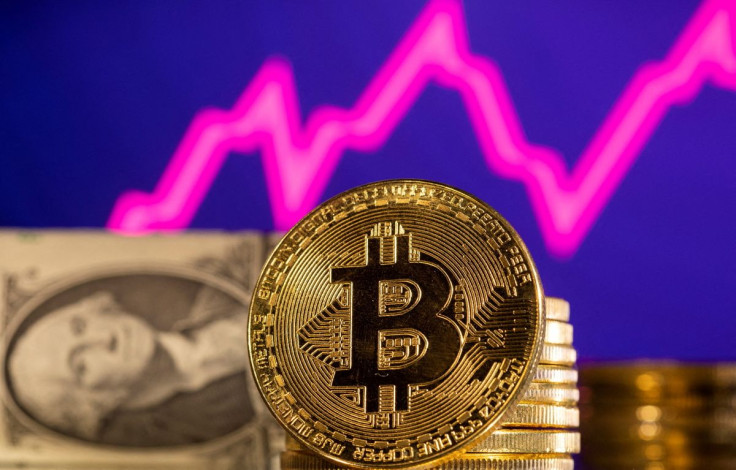Crypto Exchange Binance Gets Nod From Abu Dhabi To Deal In Virtual Assets
KEY POINTS
- The step marks a push by Binance to expand its presence in the Persian Gulf region
- The UAE has emerged as a preferred jurisdiction for crypto exchanges
- FTX received a virtual asset service provider (VASP) license in Dubai last month
Global cryptocurrency exchange Binance has reportedly received in-principle approval from Abu Dhabi Global Market to operate as a broker-dealer in virtual assets.
However, the company still needs to complete the application process, Richard Teng, Binance's head for the Middle East and North Africa (Mena) and a former ADGM executive, told Bloomberg.
“Binance has been actively engaging global regulators, such as ADGM, as part of its ongoing commitment to uphold global standards and collectively foster the developments and sustainable growth of the crypto ecosystem,” Teng said.
The UAE has emerged as a preferred jurisdiction for crypto exchanges. FTX, one of Binance’s top competitors, received a virtual asset service provider (VASP) license in Dubai last month.
"As an anchor within Dubai's program to drive progressive global VA Regulatory frameworks, FTX Europe becomes the first fully regulated VA Exchange to trial complex crypto derivatives dedicated to professional institutional investors within a reputed international jurisdiction," FTX had said in a release.
BitOasis, Bybut and Crypto.com are some other names gaining traction there in the crypto industry.
Last month, Dubai introduced a virtual assets law and regulatory authority to establish the emirate's position as a key player in designing the future of virtual assets.
The city's residents and virtual asset-related businesses would be required to register with the Virtual Assets Regulatory Authority (VARA) before engaging in crypto-related activities under the new law.

© Copyright IBTimes 2025. All rights reserved.





















